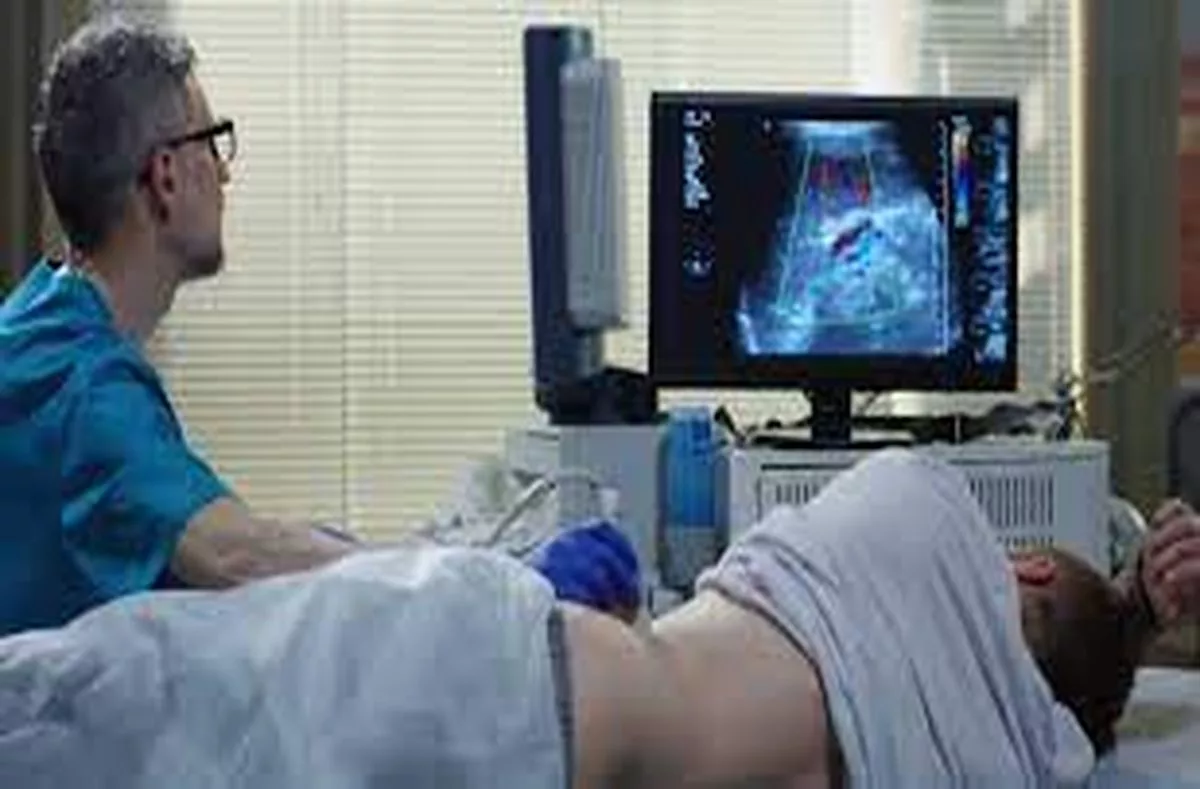A recent study highlights the effectiveness of endobronchial ultrasound-guided transbronchial needle aspiration (EBUS-TBNA) for providing adequate tissue samples for next-generation sequencing (NGS), a critical step in guiding personalized lung cancer treatment. With NGS now the standard for tumor molecular analysis in lung cancer, EBUS-TBNA presents a minimally invasive technique that successfully samples mediastinal lymph nodes, aiding both diagnosis and staging in advanced non-small cell lung cancer (NSCLC) cases. The study analyzed EBUS-TBNA samples from adult NSCLC patients who also underwent liquid biopsies, comparing the tissue quality and genetic findings from both approaches.
Between July 2015 and June 2021, 44 patients were evaluated, with a median age of 66 years; the cohort included 43% males, 75% smokers, and diverse racial backgrounds (79.5% White, 6.8% Black, and 9.1% Asian). In an impressive 95.5% of cases, EBUS-TBNA samples were sufficient for NGS, revealing actionable genetic mutations in 71% of the patients. While the EBUS-TBNA sample processing required a median turnaround time of 38.5 days, liquid biopsy NGS results were available more rapidly, with a median time of eight days. Nevertheless, EBUS-TBNA’s ability to produce high-quality tissue samples that support comprehensive molecular analysis underscores its value, particularly for cases where tissue biopsies are essential for an in-depth understanding of the tumor’s genetic profile.
Overall, the findings support the utility of EBUS-TBNA in personalized lung cancer care, demonstrating that it provides reliable and sufficient tissue for molecular analysis. This technique enhances the identification of critical genetic aberrations, enabling clinicians to tailor treatment plans effectively for patients with advanced NSCLC, even when quicker options like liquid biopsy might be available.








